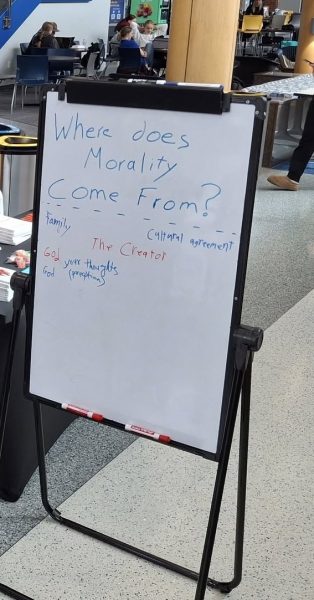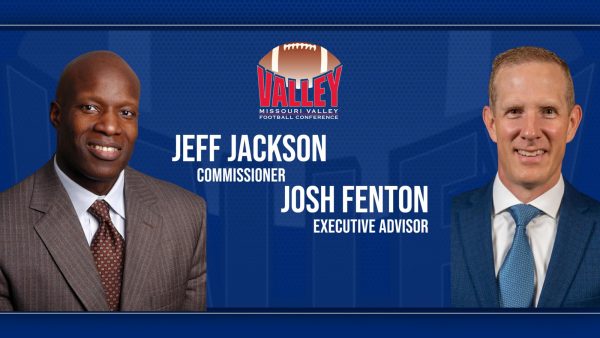SA should show support for GSA
September 25, 2012
I write today as a longtime faculty member at SDSU, a person who has great loyalty to this institution, and tremendous respect and affection for its students, faculty and staff. Lately I have been searching my heart to know how to express my confusion and disappointment with expressions of intolerance I witness and hear about on this campus. I really do not want to rehash the Chick-fil-A decision-making process, its outcome, or place blame. However, as a co-advisor of SDSU’s Gay/Straight Alliance, I am, of course, disheartened at the notion of a corporation whose owner is blatantly anti-gay joining our campus community. I have to wonder whether a corporate client with an overtly racist or sexist agenda would be welcomed here. Obviously, I hope not. Is that because I want all entities on campus to agree with MY values? Not really. It is because I happen to take seriously what we as an institution say we stand for in clear language surrounding our mission statement about building an inclusive community.
Within my profession of counseling and student affairs professional preparation, I am guided by an ethical code that promotes social justice and opposes intolerance of human differences.
Student Association members, you are our most visible campus leaders. What kind of world are you endorsing with your recent actions? It is odd that you’d affirm a fast-food franchise, but okay, I see (in a way) why you might do that, given the controversy. What I frankly do not understand is your second action to refuse to reach out to the gay community in a supportive way when you are aware of the impact of your first action. Is there someone who can help me understand this? Are you really saying that SDSU is simply not a safe place to be “out”?
I have been around long enough to see many waves of human rights movements in this nation. When I visited the South as a child, I saw water fountains and restrooms labeled “whites only.” In my lifetime, women have expanded their career horizons from two or three traditionally female occupations to wherever their gifts may take them. Today’s civil rights movement is about the GLTBQ community. I truly believe that members of our current SA will someday look back on their positions on this issue and wonder what they were thinking—just as I have seen people my parents’ age wrestle with shame over the racist beliefs they once held.
In closing, I want to affirm that I cherish a collegiate environment in which all students, faculty and staff members feel affirmed and supported. We must be an institution that lives up to its highest aspirations and ideals, a place where people can hold the difficult conversations, and never stop trying to enhance human potential.
Ruth Harper
Professor of Counseling & Human Development





















